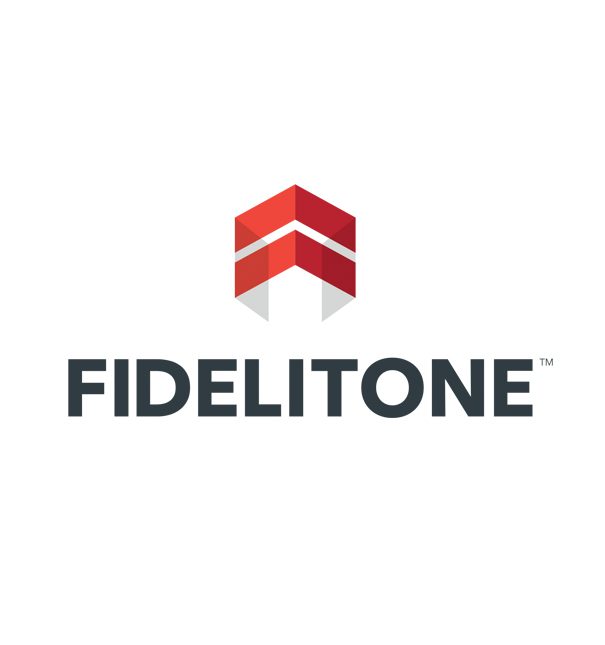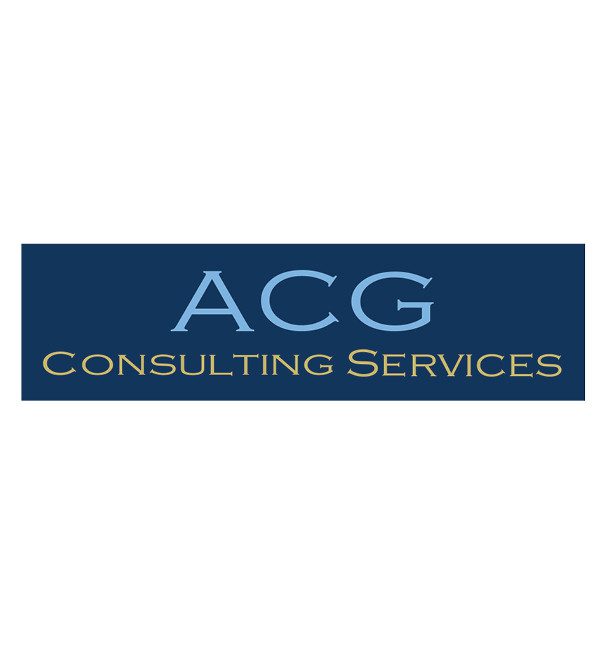In our agrarian past, every farmer wanted 10 sons because all that free labor meant he could have a much bigger farm. The patriarch not only controlled the family business, he also generally controlled the career choices his children were allowed to make.
That trend has persisted in modern family businesses—until the past few years. For perhaps the first time in U.S. family-business history, succession plans are more likely to incorporate merit rather than bloodline. This represents a sea change, but it’s very healthy for the small-business marketplace, the American economy, and, believe it or not, family harmony.
Recently I sat in on a peer group meeting of six industry-leading family companies that collectively produce over $2 billion in annual revenue. Currently, five of the six are family-owned. In the future, only two are likely to be owned by the same family. Two of the six have just elected their first non-family presidents. Another is enjoying explosive growth, hiring rapidly, and the current leader has expressed a desire for more time off; it’s unlikely his 11-year-old son will be ready to step into his shoes anytime soon. In the not-too-distant past, these companies would have been leaning strongly toward—if not all in for—family succession.
So why the shift toward ownership or management from outside the bloodlines? There are several reasons:
- Today’s family business leaders understand they and their enterprises can rise only as high as the people with whom they surround themselves will allow. As they seek the most talented players in the marketplace, more and more of those players are motivated by an opportunity for a piece of the action. Failing to create a growth culture and resisting the overwhelming trend for talented employees to want more than just a job means they risk losing the invaluable human resources they worked so hard to attract.
- Given the size of many of today’s successful family-owned companies, they can’t possibly have enough children to fill the many roles necessary for continued growth. The firms in our six-company sample have between 100 and 1,000 employees. And whereas many families formerly shoehorned unmotivated or incompetent family members into service, they now recognize what a morale killer that is for talented and ambitious non-family employees.
- Today’s family business leaders aren’t willing to wait until their dotage to enjoy the fruits of their success. In the past, a family business owner may have been willing to wait until she was 70 and her children were in their 40s to retire and enjoy her golden years. Today’s entrepreneurs are more interested in cashing in their chips and enjoying the good life while they’re young and healthy enough to do so. The idea of remaining in harness for 30 years while the next generation matures and tries to excel isn’t very appealing.
- Modern family business leaders focus to a greater degree on building the values and culture of the organizations than previous generations. They develop closeness and cohesiveness with their management teams as they wade through the battles, large and small, in which any business must engage to be successful. It’s consistent with the cultures they build that they would consider ownership opportunities for non-family members just as eagerly as for family. They are quite focused on the benefits of aligning leadership with ownership.
- Today’s family business moms and dads are less inclined to micromanage their children’s career decisions. If children choose to become engineers, artists or ministers, parents are more supportive and readily look elsewhere for talent to perpetuate the family firm. Children’s comfortable upbringings today, often in contrast with their parents, may lead them to view their parents’ business through jaded eyes. When they are financially comfortable due to their parents’ success, well educated, and there are many career opportunities, why would they want to work in a “dirty business” like construction, farming, retailing or manufacturing?
- The professional community and research support the concept of merit over nepotism. In a study of family-focused versus business-focused family businesses conducted by Russ Alan Prince (president of R.A. Prince & Associates, Inc. and internationally recognized as one of the foremost authorities on the private wealth industry) the research shows that business-focused firms protected family assets better, had a higher incidence of implementing succession planning, and created $6.20 of net worth for every one dollar created by the family-focused firms. Furthermore, they engaged in rigorous talent searches, delegation with accountability, transparency, open communication, and strategic planning at higher rates than the family-focused companies.
If the goal of most family businesses is to create opportunity for succeeding generations, research shows the best methodology for doing so is to professionalize the family firm, align leadership with ownership, and run it according to business best practices. An unexpected, but totally welcome, by-product of professionalizing is that families enjoy greater harmony.
It’s unlikely that family businesses, the predominant form of business organization throughout human history, will ever disappear. Having said that, the prevailing trend for family business leaders to focus on merit at succession time instead of promoting heirs is a very positive trend.











